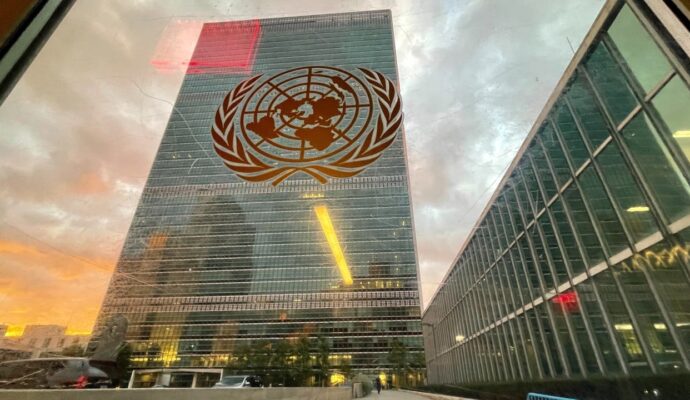
Ian Goldin is a professor of globalisation and development at the University of Oxford. Before his time in academia, he worked at several development lenders, including the World Bank, where he served as director of development policy and vice-president. His latest book, The Shortest History of Migration, was published in July 2024.
Advertisement
Where do you think globalisation is heading? Is globalisation dead?
Globalisation is not dead. It’s alive and well in Asia. This region has demonstrated the success of globalisation. Asia would not be where it is – growing at 5 per cent a year, eliminating extreme poverty – without globalisation.
Globalisation is becoming more fragmented, more regional. The challenge is that it’s becoming more Asian, as the US wants to remove itself from it. It’s important that Africa and Latin America continue to integrate into the global economy.
Advertisement
And globalisation is not only about the movement across national borders of good things – vaccines, cars and everything else – but also the risks associated with it. The Covid-19 pandemic was a manifestation of globalisation. The risks are growing along with the benefits.


